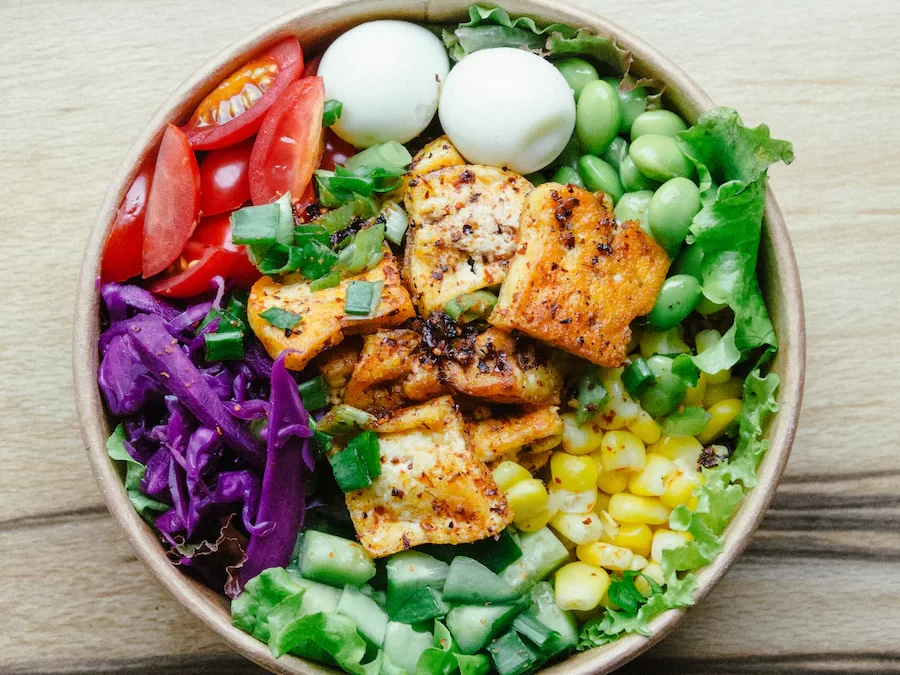Protein is an essential macronutrient that plays a crucial role in weight loss. It helps regulate certain hormones and increase the feeling of satiety, which prevents one from eating between meals and having the need to eat processed and fattening products. Foods rich in protein are absorbed more slowly, delaying the feeling of hunger. Proteins in addition to increasing the feeling of satiety, are also essential for preserving and gaining muscle mass and they are part of muscle structures and bone tissues. Here are some of the ways protein can help with weight loss:
- Protein reduces levels of the hunger hormone ghrelin, while it boosts the appetite-reducing hormones GLP-1, peptide YY and cholecystokinin. This leads to an automatic reduction in calorie intake.
- Digesting and metabolizing protein burns calories. About 20-30% of protein calories are burned while the body is digesting and metabolizing the protein.
- Protein makes you burn more calories (increases “calories out”). Due to the high thermic effect and several other factors, a high protein intake tends to boost metabolism. It makes you burn more calories around the clock, including during sleep.

The recommended daily amount of protein for adults is 0.8 grams per kilogram of body weight. For example, a person who weighs 165 pounds, or 75 kilograms should consume 60 grams of protein per day.
To give you a size comparison, 60 grams of protein is equivalent to:
- 2.1 ounces of chicken breast
- 1.5 cups of cooked quinoa
- 1.5 cups of cooked lentils
- 1.5 cups of cooked chickpeas
- Pork: 2-3 thin slices of cooked pork tenderloin or 1/4 cup of cooked ground pork 1.
- Salmon: 1/2 fillet of cooked salmon or 1/3 cup of canned salmon 2.
- Beef: 1/2 small steak or 1/4 cup of cooked ground beef 1.
A high protein intake boosts metabolism, reduces appetite, and changes several weight-regulating hormones 2. Protein can help you lose weight and belly fat, and it works via several different mechanisms 2. A high protein intake has been shown to boost metabolism and increase the amount of calories burned by about 80 to 100 per day 3. This effect is particularly pronounced during overfeeding, or while eating at a caloric surplus 3. By making you burn more calories, high protein diets have a “metabolic advantage” over diets that are lower in protein 2.



